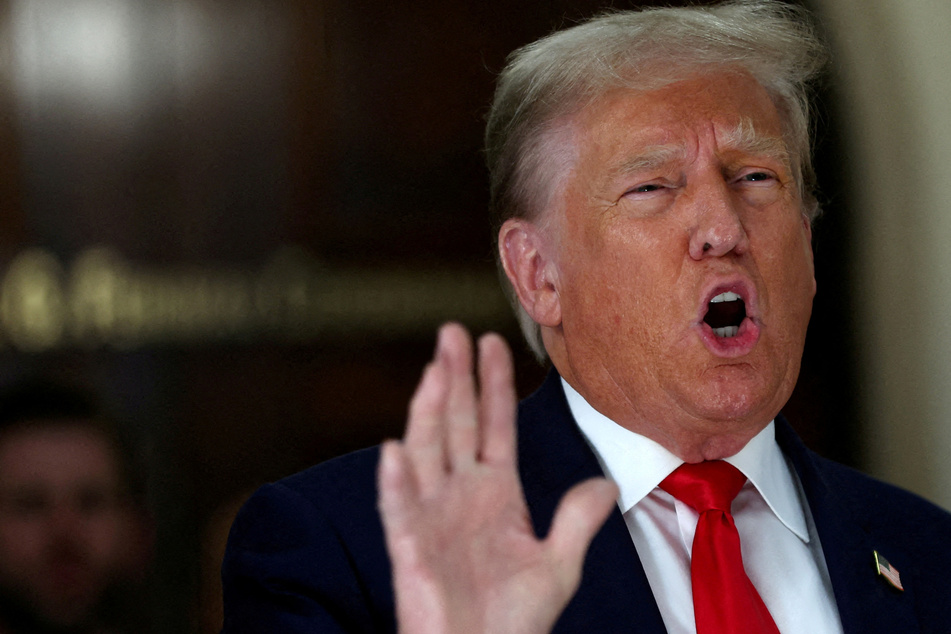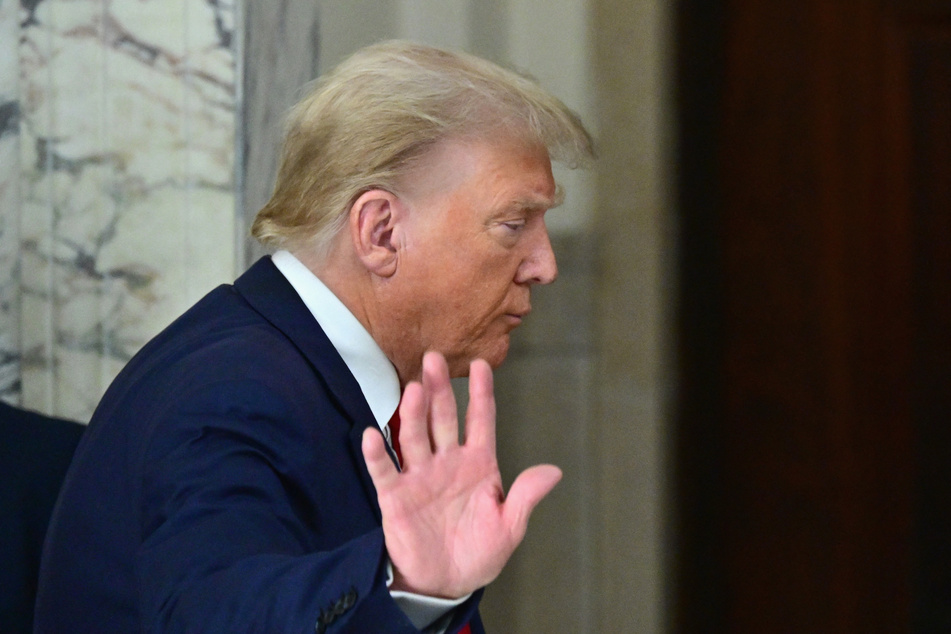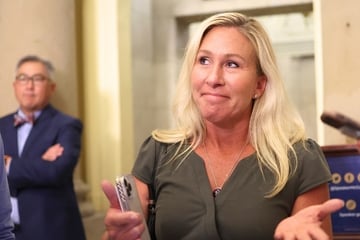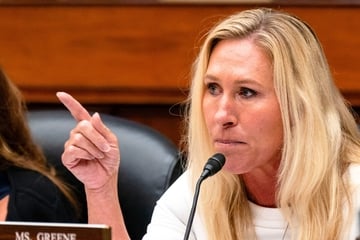Trump explains why he should be immune to 2020 election charges in latest filing
Washington DC - Ex-President Donald Trump asked a federal judge on Thursday to dismiss the charges connected to his effort to overturn the 2020 election, arguing he is immune to federal charges for actions he took when he was president.

In a motion to dismiss "based on presidential immunity," Trump’s attorneys attack the premise of the four federal felony charges against him in Washington because they say his actions fell within his duties as president.
A grand jury indicted Trump on four federal charges in August, alleging Trump led a months-long effort to overturn the 2020 election, spread false claims of fraud and ultimately encouraged vice president Mike Pence to throw out the electoral college votes of states Trump lost.
Trump’s filing argues he acted as president to protect "election integrity," which is a core function of the office. His attorneys pointed to a civil case against President Richard Nixon that was dismissed because the allegations in the suit fell within the "outer perimeter of his duties as president."
"Breaking 234 years of precedent, the incumbent administration has charged President Trump for acts that lie not just within the 'outer perimeter,' but at the heart of his official responsibilities as President," the filing states.
What are Donald Trump's legal arguments?

The filing also pointed to Trump’s acquittal in a Senate impeachment trial in the days after the January 6, 2021, attack. He argued that he cannot be tried again after the Senate failed to convict and remove him from office.
"The Special Counsel cannot second-guess the judgment of the duly elected United States Senate," the filing said.
That argument clashes with what Senate Minority Leader Mitch McConnell, said after the Senate declined to impeach Trump over January 6, including that "President Trump is still liable for everything he did while he was in office."
"We have a criminal justice system in this country," McConnell said at the time. "We have civil litigation. And former presidents are not immune from being held accountable by either one."
Trump’s motion will be decided on by Judge Tanya Chutkan of the US District Court for the District of Columbia, who has already ruled against him on several other issues, including efforts to have her recuse herself from the case and set a trial date after the 2024 election.
Trump’s attorneys will already appear before Chutkan on October 16 on a request from prosecutors for a gag order against the former president due to his statements about the case.
Cover photo: REUTERS

